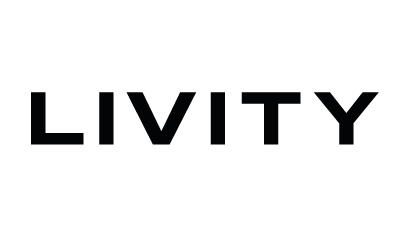Home / Business & Management / Communication / Groupthink: Understanding the Need for a Diverse Workplace / Group thinking: An alternative to ‘groupthink’
This article is from the free online
Groupthink: Understanding the Need for a Diverse Workplace


Reach your personal and professional goals
Unlock access to hundreds of expert online courses and degrees from top universities and educators to gain accredited qualifications and professional CV-building certificates.
Join over 18 million learners to launch, switch or build upon your career, all at your own pace, across a wide range of topic areas.








